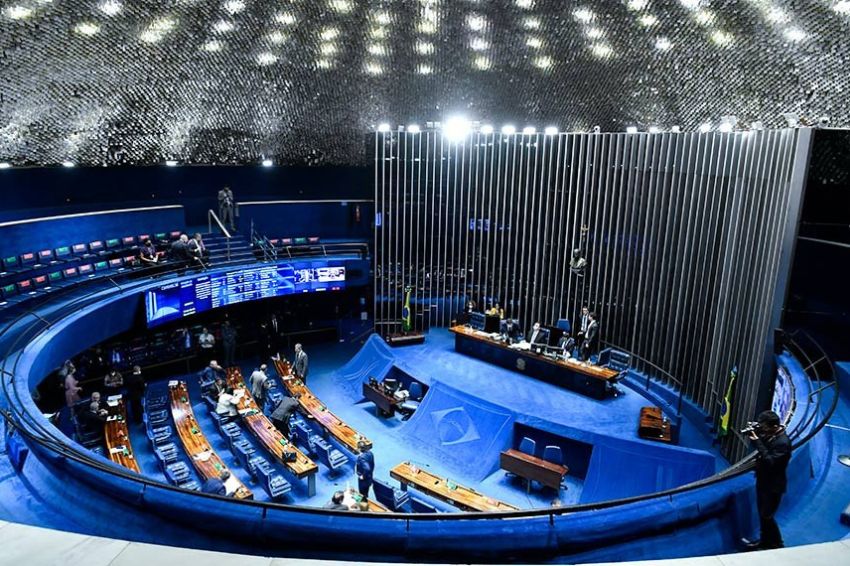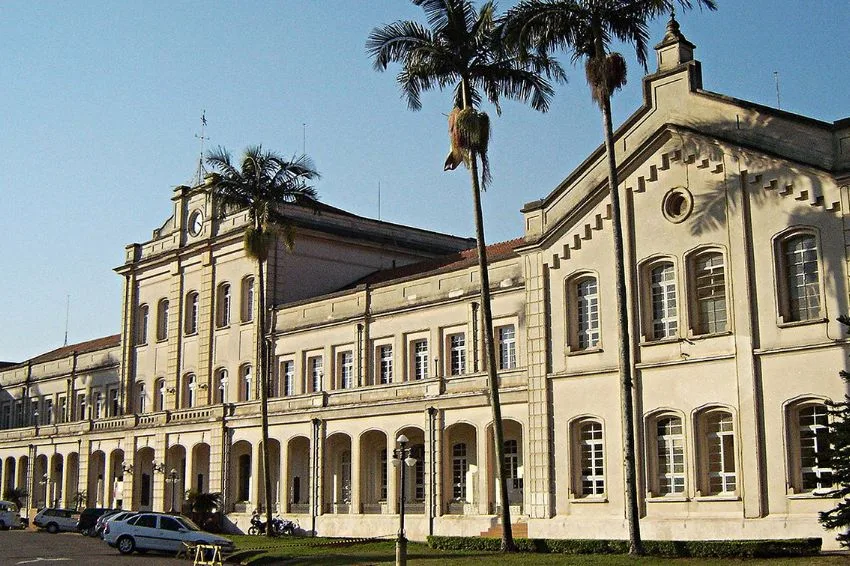O federal Senate approved, this Thursday (06), the Legislative Decree Project 271/2021, which provides for the Brazil's membership of the ASI (International Solar Alliance) – intergovernmental coalition that brings together nations with the best solar resources across the planet.
The initiative, which had also already been approved by the Chamber of Deputies in February, Has as objective of expanding Brazilian protagonism in the use and development of photovoltaic sources on the world stage.
In the understanding of ABSOLAR (Brazilian Photovoltaic Solar Energy Association), the Joining the ASI opens doors for Brazil to benefit from multilateral programs and actions in the areas of financing, incentive programs, public policies, regulation, business models, technology and research and development, among others.
“We closed 2021 in 13th position in the world ranking of solar energy, far below our potential. In other renewable sources, such as hydro, biomass and wind, Brazil is already a global leader. Therefore, we need to make up for lost time and participation in ASI will contribute to incorporating best international practices”, said Rodrigo Sauaia, CEO of ABSOLAR.
International Alliance
The ASI was launched in 2015 during COP 21 (Climate Conference in Paris) and officially formalized in New Delhi, India, on November 15, 2016. In total, the agreement already involves the participation of over 120 countries.
The alliance aims to carry out coordinated actions to finance technologies and research in the field of solar energy, cooperation with international organizations, public and private entities and countries that are not members of the ISA, in addition to the sharing information about domestic needs, objectives, measures and initiatives.
The idea is to achieve the following objectives: rreduce the cost of solar energy; menable more than US$ 1 trillion in investments for the massive deployment of solar energy by 2030, and repair the path to new technologies using the Sun as the primary resource.
















